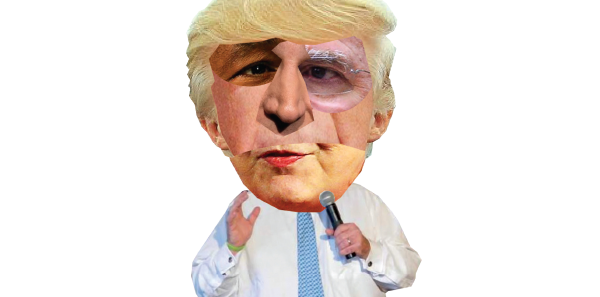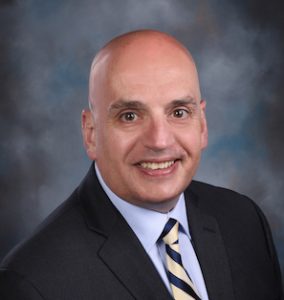
Last on my major Republican candidate list is Dr. Ben Carson. Dr. Carson is the renowned pediatric neurosurgeon and one of two Republican physician candidates. (Did you know that Rand Paul was a practicing ophthalmologist for 18 years?) Carson is on the R&R bus and has his own unique plan for health care reform. Touting the failures of Medicaid and Medicare to deliver equitable health care, Carson has proposed the creation of health empowerment accounts (HEAs). These accounts would provide Medicaid and Medicare beneficiaries the freedom to purchase health insurance in the private market. Carson would also gradually raise the Medicare eligibility age to 70 and provide block grants to states for Medicaid, which would then fund the HEAs for individual beneficiaries.
Explore This Issue
ACEP Now: Vol 35 – No 02 – February 2016For the remaining GOP candidates—Chris Christie, Jeb Bush, John Kasich, Carly Fiorina, Mike Huckabee, Rick Santorum, and Paul—anything is possible, but none of them has really distinguished themselves on health care. [Editor’s Note: Shortly after the Iowa caucuses, candidates Huckabee, Santorum, and Rand suspended their campaigns. Santorum has endorsed Rubio.]
Sen. Bernie Sanders has created the most comprehensive, dramatic, and detailed plan for health care reform of all the candidates, touting his “Medicare-for-All” plan. Sanders would create a universal coverage, single-payer system administered by the federal government.
Now for the Democrats. Interestingly, despite the size of the Republican field, it has been on the Democrat side that we have seen more details about health care reform. Former First Lady, U.S. Sen., and Secretary of State Hillary Clinton has been developing and refining her beliefs about health care since her 1993 role as the head of the Task Force on National Health Care Reform, established by President Bill Clinton. Although never adopted, for many political and policy reasons, the plan pushed for universal health care by mandating health insurance for all employed workers. Currently, Mrs. Clinton continues to support that health care coverage is a universal right and is generally supportive of Obamacare but has pushed for lowering the out-of-pocket deductibles and eliminating the “Cadillac tax” on health insurance plans that is scheduled to start in 2018. Another key component of Clinton’s health care reform platform is requiring pharmaceutical companies to lower the cost of prescription medications and capping out-of-pocket drug costs at $250 per month.
U.S. Sen. Bernie Sanders has created the most comprehensive, dramatic, and detailed plan for health care reform of all the candidates, touting his “Medicare for All” plan. Sanders would create a universal coverage, single-payer system administered by the federal government. Costing $14 trillion over 10 years, it would be paid for partially by a combination of a payroll tax paid by employers, a tax increase on earnings paid by workers, an increase in the marginal tax rate (to more than 50 percent for incomes greater than $10 million per year), and an elimination of the capital-gains tax break. Under Sanders’ proposal, there is still a projected shortfall of almost $600 billion, which he states would be made up by “trimming costs” based upon the improved negotiating power with providers that the government would have as a single payer. Sanders also hasn’t defined whether all services would be paid at the current Medicare levels, which are only “adequate” in the setting of most providers who are able to obtain higher reimbursements from commercial payers.
Pages: 1 2 3 | Single Page






No Responses to “What Will 2016 Presidential Election Mean for Health Care in the U.S.?”